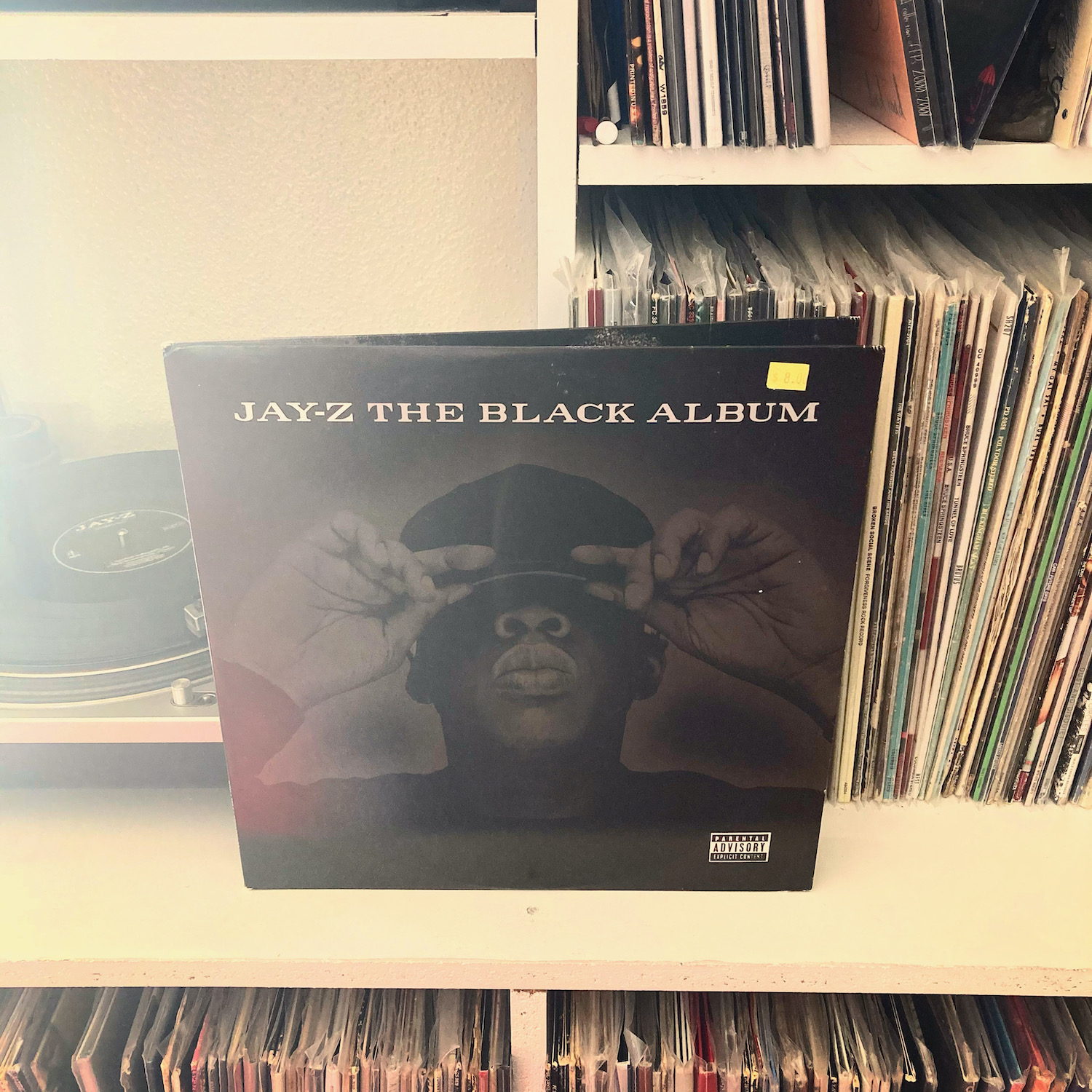 As a white Christian kid growing up in the suburbs, I was raised without much appreciation for mainstream hip hop. Sure, I would karaoke “Rapper’s Delight” as a joke and would stan some other old-school hip hop, but by and large, any time someone like Jay-Z came on MTV, I would flip the channel, turned off by the prevalence of profanity and barely-dressed backup dancers.
As a white Christian kid growing up in the suburbs, I was raised without much appreciation for mainstream hip hop. Sure, I would karaoke “Rapper’s Delight” as a joke and would stan some other old-school hip hop, but by and large, any time someone like Jay-Z came on MTV, I would flip the channel, turned off by the prevalence of profanity and barely-dressed backup dancers.
In the years that followed the release of The Black Album, though, it was impossible to avoid the plethora of mashups that flooded the internet. I was drawn in by the novelty of mixing these tracks with The Beatles, Weezer, or Radiohead—I even tried my hand at a Fugazi mashup.
But something happened that I didn’t expect: after putting these mashups on heavy rotation, I actually fell in love with the album in its original form, like some sort of musical Trojan Horse. Even my white-washed, purity culture background couldn’t ignore the fact that this was one of the most important and impressive hip hop albums of all time.
The Black Album occupies a strange place in pop history. It so firmly cemented Jay-Z as a star that it’s easy to forget that this was his eighth studio album, and it was intended to be his last. Barring a couple of charting singles, his career had failed to live up to his ambitions. He decided he would go out on his own terms with one massive statement. He enlisted nearly a dozen different producers and gave every performance his all.
And with the stakes this high, Hov doesn’t disappoint. Every track here could have been a single (barring maybe “Threat”). The production is varied without making the album feel like a random collection of tracks. The backing tracks draw from soul, Latin, electronica, jazz, and even some hints of indie rock. “What More Can I Say?” and “Public Service Announcement” as exuberant as a gospel service. Tracks like “Encore” and “Moment of Clarity” are dense and lush, utilizing strings and horns along the sub-blowing bass drums. “Dirt Off Your Shoulder” is practically lo-fi in comparison, while “Change Clothes” sounds like it could have been a Ben Folds Five song. “99 Problems” rips through an aggressive electric guitar sample courtesy of Rage Against the Machine/Johnny Cash collaborator Rick Rubin (that track was also the downfall of my FuJay-Z project, as “99 Epic Problems” proved too difficult for me to make reality).
Ever a deft MC, Jay-Z navigates the different tempos and genres with the perfect flow for each. Across fourteen tracks in fifty-five minutes, he never settles into a rut. His lyrics are largely autobiographical, abandoning the fountains of Cristal so much mainstream hip hop was indulging in at that time. Instead, he ruminates about growing up in poverty, the loss of his father, racial disparity, and how the desperation brought on by those factors contributed to his criminal history. His looming retirement casts a shadow over the entire record, practically screaming, “y’all get ready to miss this”—even when he isn’t literally saying that.
Almost twenty years after its release, The Black Album is still so fresh that it practically sounds contemporary. Much of that likely has to do with the way it distinguished itself from its peers. While many of the hip hop records of the 2000s were bloated with superfluous guest features, skits, and filler to take up all 80 minutes of the CD, there isn’t a single second wasted on this record. The only credited feature is Pharell Williams, who sings the hook on “Change Clothes.” But Jay isn’t here to waste time: he says what he has to say, and he gets out.
Now, with Jay-Z and Queen Bey established as the closest thing American pop music has to a royal family, it’s hard to remember a time when he would have ever been desperate enough to quit the game. Luckily, his retirement was short-lived and he’d return three years later, launched into the stratosphere by the album that was supposed to be a final statement. But even if it was, what a way to say goodbye.